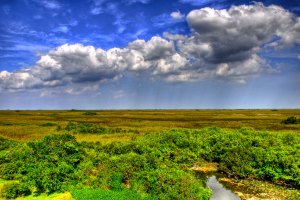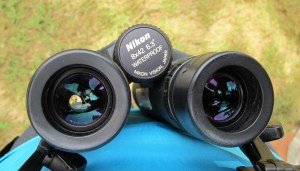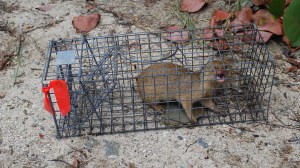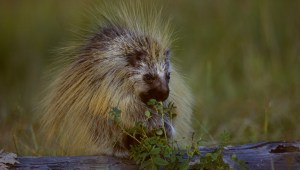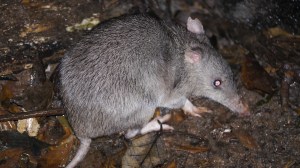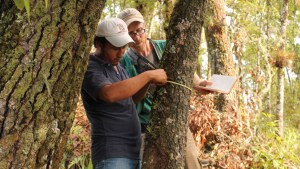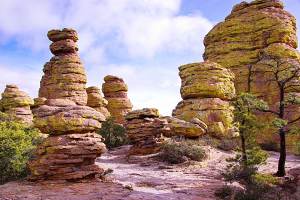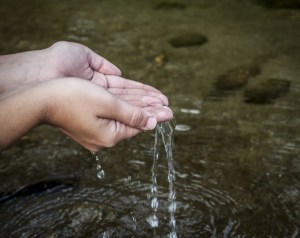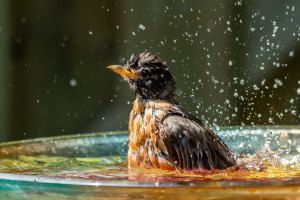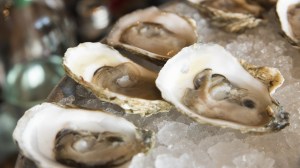Discover stories in Uncategorized
Greatest Threat to the Everglades? Maybe Not Pythons
A deceptively deadly invasive species is slithering its way through the Florida Everglades, threatening the entire ecosystem. But it’s not a python.
Ready, Set, Bird: 6 Spring Migration Hotspots
Spring migration is underway, so dust off your binoculars and check out our picks for great spring birding hotspots.
Building a Better Battery
NatureNet Science Fellow Won-Hee Ryu -- materials scientist and nanotechnology expert -- might not be a typical Conservancy scientist, but his work could have as much benefit to society (and nature) as traditional biodiversity conservation.
Island Mongoose: Conservation Villain or Scapegoat? Or Both?
When the mongoose was introduced to islands, it ate everything. That's how the invasive species story goes, right? But is it possible it's more complicated than that?
You Won’t Believe What Porcupines Eat (And No, Not Bigfoot Bones)
Sure, much of the time, the porcupine dines on trees. But it also has a need for salt, and it's coming for your cars, your homes, your guns. And your face.
Is the Future of Sustainability in Nanotechnology?
More than half of the energy generated in the U.S. is lost as heat. Where some people might see only wasted potential, NatureNet Fellow Haoran Yang sees a huge opportunity.
Top 10 Night Safaris: When the (Wildlife) Freaks Come Out
Join us for a naturalist's guide to the best night life on the planet. Grab a flashlight and join the party, with a guest list that includes aardvarks, rare wild cats, tree kangaroos and more.
Even Forest Superpowers Have Limits
A new paper out in the Journal Nature this week adds a frightening twist to an enduring mystery around the role of forests and climate change. Forest carbon scientist Peter Ellis reports on what this means for conservation.
10 National Monuments You’ve Never Heard Of
National parks get all the love, but what about national monuments? Check out our off the beaten path picks for adventurers and naturalists.
NanoTech for Clean Water
Want to know the best thing about the story of Ming and the Nanoscavengers? Every word of it is true, and the special effects, courtesy of nanotechnology, are real.
Splish, Splash: Why Do Birds Take Baths?
Like people, birds love a good bath. But why? Ornithologist Joe Smith dips into the research on bird bathing, and reveals the science—and the mystery—of this backyard phenomenon.
Recent Study Pinpoints Where Ocean Acidification Will Hit Hardest
New research reveals regions and communities most vulnerable to ocean acidification’s affect on shellfisheries.
